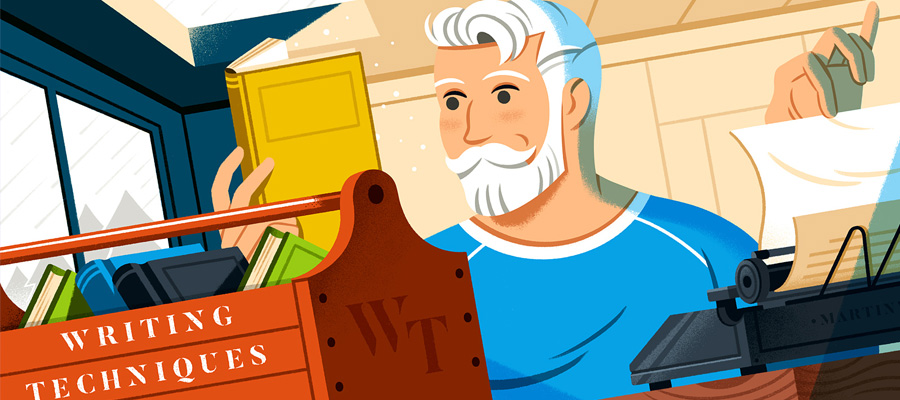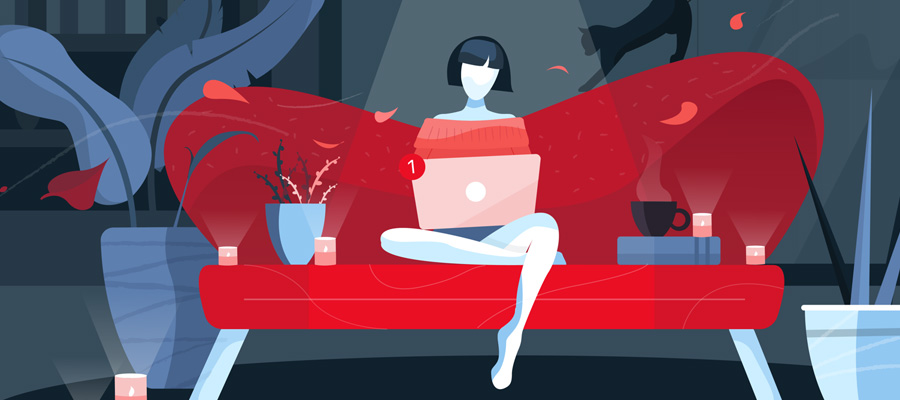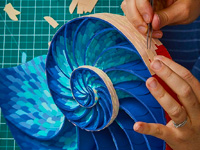Research work is an independent, and often, joint with the supervisor, study of the student, revealing his knowledge and the ability to apply them to solve specific practical problems.
How to Write Research Paper Professionally: Simple Tips for Students
Academic research papers are written after conducting in-depth research and analysis of the results. If you are concerned that a proper study will require blood, sweat, and tears, we offer you this guide. If you use outdated tools and methods, you will need to spend hours studying the relevant and not so relevant literature, sorting it, and also writing and rewriting your paper. The following steps can help you create a strong research paper. Still, if you find yourself unable to cope with an assigned task or merely don’t have enough time to do it on time, you can always rely on a professional writing service and pay for a research paper online.

Blog Tricks by Kosma Lenar
Make the introduction convincing. Grab the reader’s attention with impressive statistics, shocking facts, or quotes from famous people. In the central part of the research work, the significance of a particular study is discussed. Try to get to the hearts of your readers by playing with your fears or selfishness.
Clearly outline the research topic. Yogi Berra, a famous baseball player, once said: “You’ve got to be very careful if you don’t know where you are going because you might not get there.” This statement has much in common with the research process. Choose a great topic, do a quick preliminary study before expressing a specific issue.
Plan the number of words. The general rule is to spend up to 10 percent of the total number of words on the introduction and conclusion. So, if you know the recommended number of words, you can make appropriate decisions regarding the number of words to be included in other sections.
Use academic search engines if you want to conduct research online.
Data management. While you are researching, it is imperative to avoid the trap of feeling lost. If you find an article that you especially liked, keep a link to it; otherwise, you can spend a lot of time trying to find her again, thinking that this is the best resource that you could find.
Use cliches for various segments. You will forget about the writer's block if you use the following list of academic cliches for multiple parts of your academic research papers:
Introduction:
- In recent years there has been an increased interest in X;
- Over the past decade, there has been a sharp increase in X;
- Earlier / In the past, the main goal of X was to be/consist of;
Literature review:
- Researchers studied influence;
- A significant amount of literature has been published;
- Over the past decades, much more information about X has become available;
Conclusion:
- This study found that;
- The second important conclusion is;
- The results of this study show that;
Consider the objectives of the sections. The conclusion should be brief, and this is a summary of your research work. It should be written after the completion of your project.
In conclusion, only the results are presented (without any comments on them). A discussion of the results of the analysis establishes the relationship between any various facts. Limitations shed light on possible imperfections in the design and research procedures. The conclusion summarizes the main points and is a mirror of your introduction.
Correctly quote your resources. When referring to sources, you should not use a style guide, as this is an outdated method; instead, consider using free online citation generators.
Review the literature. Collecting sources and just a few words about each of them is the wrong technique. Before you write your review of the literature, divide your sources into groups, following the provisions of the authors. Make sure you include conflicting opinions and highlight the gaps in the existing literature. This will make your work exhaustive.
Use free presentation. If you cannot make any progress in your research work at a certain point, try writing freely. Write a space as if you were explaining your main points to a friend. This can improve the flow of thoughts for your work, as well as logical reasoning.
“Write drunk, edit sober.” This quote is mistakenly attributed to Hemingway, but there is no official evidence that he ever said or wrote it. However, it makes a lot of sense. Postpone your work for a while, and then return to this later, with a fresh mind, and eliminate all typos, grammatical and stylistic errors.





















